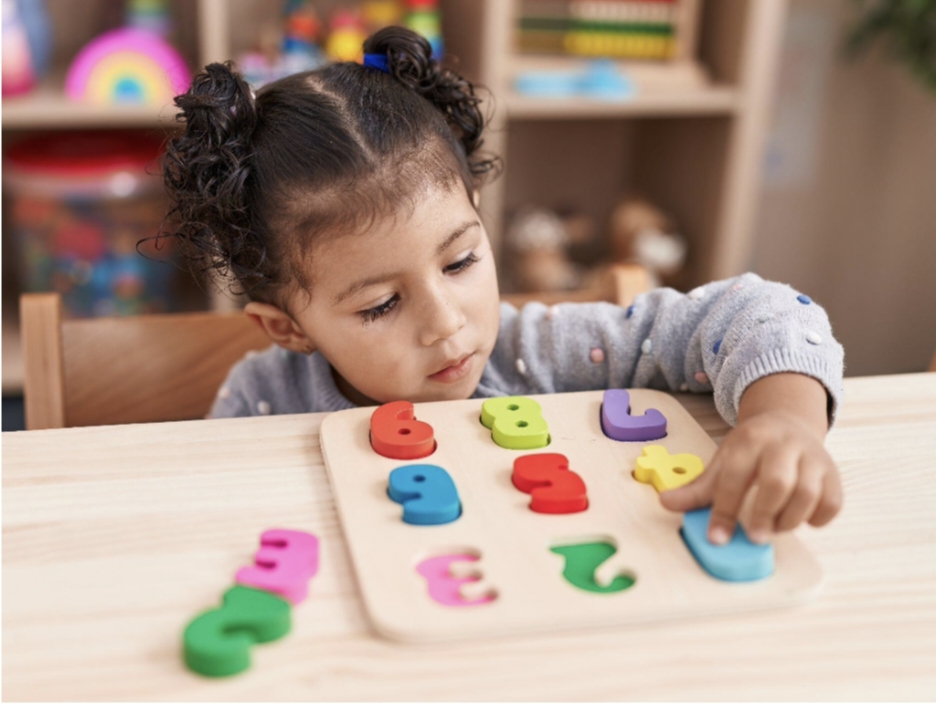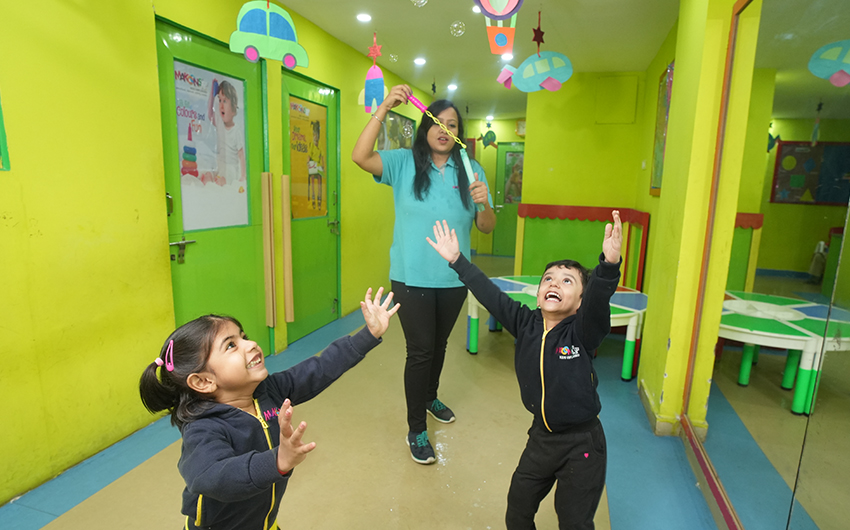Imagine opening a book and stepping into a realm where each page reveals a new dimension of human emotion and thought. Such is the magic of literary studies. Beyond mere storytelling, literature probes deeply into the essence of our existence, capturing our highs, lows, and the nuanced moments in between. It offers a glimpse into the vast mosaic that is human life.
Literature serves as a conduit through time, connecting us with the sentiments and thoughts of those from bygone eras. By engaging with texts penned by authors long past, we unearth insights about the ideals and challenges that shaped their realities. This bridge built by words enhances our empathy and broadens our understanding, highlighting an enduring human saga that transcends time and culture.
Embarking on literary studies is essentially embarking on a voyage toward self-discovery. As we navigate through complex stories, we uncover truths about ourselves and our surroundings. Each narrative invites us to think deeply and challenge preconceived notions, transforming literary studies into a powerful catalyst for personal enlightenment.
Literature Reflecting Society
Literature serves as a reflective surface, mirroring the society from which it springs. It encapsulates the zeitgeist, illuminating the cultural values and societal challenges that characterize different eras. From Charles Dickens’ sharp social critiques to Albert Camus’ profound existential reflections, literature not only mirrors but also shapes and questions societal norms.
In our contemporary era, literature remains a pivotal force in shaping public discourse. Writers like Chimamanda Ngozi Adichie and Ta-Nehisi Coates address pressing issues such as racial inequality and gender discrimination through their works. Their stories amplify voices from the margins, sparking discussions and fueling transformative movements.
The true strength of literature is its ability to cross boundaries and forge connections across diverse cultures and generations. It reminds us that despite varied backgrounds, we share common trials and dreams. Engaging with a spectrum of literary voices enriches our understanding of both the world around us and our individual roles within it.
Exploring Literary Themes
Across the ages, literature has woven a tapestry rich with recurring motifs that touch the very core of human experience. Love, conflict, and identity are among these enduring subjects that have resonated through the corridors of time, captivating readers everywhere. These motifs transcend genres and epochs, evolving to reflect societal shifts and changing values.
Consider love’s portrayal in literature: it ranges from Jane Austen’s romantic idealism to the devastating intensity of love in Shakespeare’s Romeo and Juliet. Each narrative dissects love’s multifaceted nature, showcasing its capacity to both elevate and devastate. Similarly, conflict and identity receive profound exploration in literature—from Homer’s grand battle scenes to the deep self-reflection found in modern stories.
As we navigate through various literary periods, we witness a dynamic reinterpretation of these age-old subjects. The existential turmoil prevalent in 20th-century literature birthed narratives wrestling with life’s meaning amidst pervasive uncertainty and flux. In contemporary works, these timeless motifs are continually re-explored, providing fresh insights that resonate with today’s readers.
The Role of Literary Devices
Literary devices serve as the toolkit for writers, enhancing their narratives and deepening reader engagement. These techniques layer additional meanings into the story, encouraging readers to delve beneath the straightforward text to discover underlying truths. Through the strategic use of these tools, writers craft stories that are not only engaging but also rich in thought-provoking content.
Take symbolism, for instance, a potent narrative technique that enables authors to express intricate ideas via simple imagery or items. Consider F. Scott Fitzgerald’s The Great Gatsby, where the green light at Daisy’s dock transcends its physical form to represent Gatsby’s unreachable aspirations and the broader elusive American Dream. Likewise, metaphors and similes draw intriguing links between disparate elements, enriching the narrative fabric.
Irony introduces another layer of complexity by often exposing discrepancies between appearances and reality. In George Orwell’s Animal Farm, irony emerges through the revolution led by animals, which ultimately reveals power’s corruptive influence and oppression’s persistent cycle. Such tools transform literature into a dynamic art form that compels readers to explore texts on various levels.
Image source: https://www.freepik.com/free-photo/authentic-book-club-scene_37155598.htm
Diverse Literary Genres
The realm of literature is a broad one, teeming with a variety of genres that each bring their own flavor to the art of storytelling. From the rhythmic allure of poetry to the gripping suspense found in theatrical dramas, these genres mold and define the narratives they tell. As readers traverse through these different styles, they uncover a richer sense of what literature has to offer.
Consider poetry, where every word weighs heavy with meaning and structure. Poets wield rhythm, meter, and vivid imagery as tools to distill vast human emotions into concise yet powerful verses. These poems tug at our hearts, stirring deep-seated feelings through their melodic expressions.
In contrast stands drama: a genre that thrives on the stage, transforming written words into action. Here, stories unfold in real time before an audience’s eyes—each performance breathing life into characters’ struggles and triumphs. This immediacy lets viewers connect viscerally with the unfolding events.
Prose spans both fiction and nonfiction realms, offering a broader canvas for writers to sketch intricate characters and plots within novels and short stories. Through prose’s detailed narratives, we dive deep into varied human experiences—each page turn immersing us further into its intricately woven tales.
Contextualizing Literature
Grasping the background in which a literary piece was crafted is pivotal for decoding its deeper meanings and its historical importance. The historical, cultural, and social settings not only shape a text’s creation but also influence how it is perceived, weaving into the fabric of its themes, characters, and narrative structure. When we delve into these backgrounds, we unlock a richer comprehension of the literary work and appreciate its role within the broader literary tradition.
Take historical background as an example; it offers insights into the events and conditions that spurred a work’s creation. Consider Charles Dickens, whose narratives reflect the societal tumult brought on by the Industrial Revolution; his novels poignantly critique urban life’s severe realities. Similarly, understanding a work’s cultural setting can illuminate underlying values and beliefs that inform its thematic core and character development.
Social setting is equally influential in molding a text’s significance and how it resonates with readers. For instance, feminist perspectives have reshaped our interpretation of texts by female authors, bringing to light issues of gender dynamics and power structures. By engaging with these varied settings, readers achieve a more holistic understanding of both the literature itself and its ongoing dialogue with contemporary societal issues.
Critical Thinking Through Literature
Exploring literature isn’t merely about dissecting texts; it’s a journey toward sharpening critical analysis and analytical skills, abilities that extend far beyond the classroom. As students delve into intricate stories and varied viewpoints, they cultivate the ability to scrutinize beliefs and embrace diverse interpretations. Such capabilities are indispensable across numerous professions, including law, business, education, and journalism.
Literary analysis compels students to interact with texts on a profound level by dissecting language subtleties, structural elements, and thematic depth. This scrutiny demands meticulous attention to detail alongside an aptitude for integrating insights from various sources. Through refining these abilities, students enhance their proficiency in assessing arguments, spotting biases, and crafting cogent analyses.
Outside academic confines, the competencies fostered by literary studies prove essential in daily endeavors. Mastering critical analysis and effective communication is crucial for managing today’s complex societal landscapes. Whether it involves evaluating a news piece, formulating a compelling argument, or participating in meaningful conversations—the tools acquired from literary studies serve as invaluable assets for both personal advancement and professional success.
Insights into IB English Lit SL
The IB English Lit SL course invites students to delve deeply into the world of literature. It’s designed to sharpen critical analysis and broaden cultural horizons by exposing students to a diverse array of literary works from various epochs and regions. This educational journey not only enhances their understanding of literary complexities but also connects these texts to pressing modern-day issues.
Central to the IB English Lit SL curriculum is the enhancement of students’ interpretive skills and analytical abilities. By meticulously dissecting texts, considering every linguistic subtlety, structural element, and thematic layer, students cultivate an ability to interact with literature in a profound and personal way. This rigorous analysis nurtures both critical thinking and creative expression, enriching their literary appreciation.
Alumni of the IB English Lit SL course frequently reflect on its transformative effect on their literary comprehension and its applicability to everyday life. The course’s inclusive approach introduces them to a multitude of voices and perspectives, broadening their worldview significantly. By challenging them with intricate concepts and encouraging active engagement, it equips them for success across various professional paths.
Navigating Literary Challenges
Delving into the world of literature is both enriching and demanding. As students engage with complex texts and a spectrum of interpretations, they are called upon to deploy sharp analytical skills and robust critical thinking. These intellectual hurdles, while intimidating, pave the way for profound personal development and academic achievement in literary fields and beyond.
A primary hurdle in literary studies is the inherent complexity of the texts. From convoluted narratives to richly layered language, these works demand meticulous scrutiny. Students can navigate these complexities by annotating their readings, engaging in discussions with peers about various interpretations, and seeking insights from their instructors.
Moreover, literature’s invitation to diverse interpretations presents another significant challenge. Each reader brings a unique perspective that can vastly differ from others’, leading to an expansive array of possible understandings. This aspect, though challenging, enriches students’ learning experiences as it compels them to consider multiple viewpoints and craft thoughtful analyses. Embracing this multiplicity helps students gain a deeper appreciation of literary artistry.
Embracing the Literary Journey
Embarking on a literary journey opens a treasure trove of endless possibilities for discovery and insight. As we delve into varied texts and viewpoints, we not only deepen our understanding of the world but also find our unique place within it. Literature provokes us to critically analyze, challenge our preconceptions, and grapple with intricate ideas, all of which catalyze personal evolution and change.
In an era marked by division, literature emerges as a formidable force for cultivating empathy and comprehension. Immersing ourselves in the stories and perspectives of others broadens our appreciation for humanity’s vast tapestry. It underscores our commonalities, urging us to look past superficial divisions and forge meaningful connections with one another.
Continuing this literary voyage reminds us of literature’s profound influence on both individuals and broader society. By actively participating in literary activities—be it through reading, writing, or spirited discussions—we enrich not only our own lives but also enhance societal compassion and understanding. The paths to engage with literature are boundless, seamlessly integrating into the fabric of everyday life.





